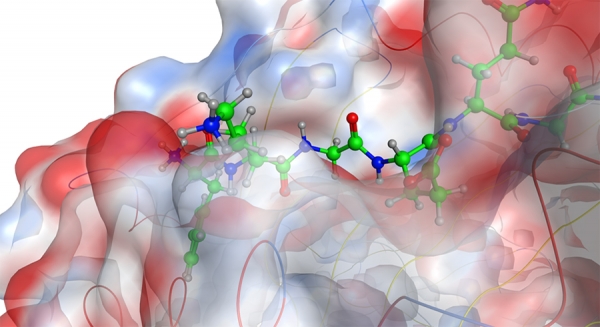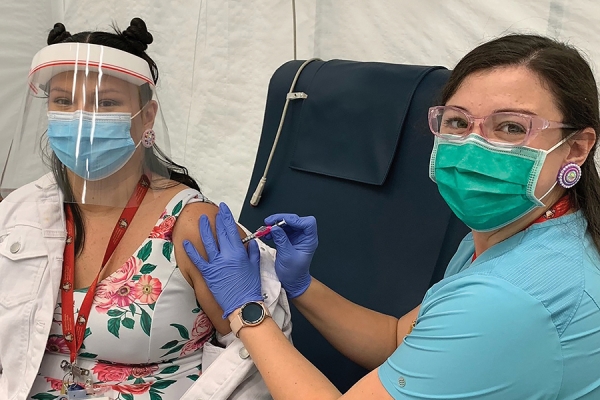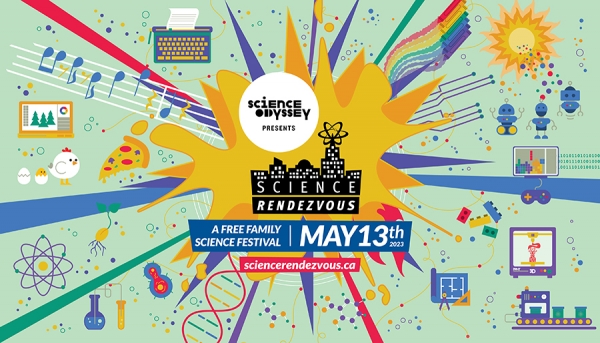 The African Diaspora Youth Conference runs May 11 to 13 at the University of Windsor. Student organizers include (from left) Joshua Sorhaindo, Lynn Micka Mwongerinka, Onanye Oluwabunmi, Folakemi Folami, Oliwale Olatunbosum, Sarah Nwachi, and Theresa Imegi. Missing: Michael Ipaye.
The African Diaspora Youth Conference runs May 11 to 13 at the University of Windsor. Student organizers include (from left) Joshua Sorhaindo, Lynn Micka Mwongerinka, Onanye Oluwabunmi, Folakemi Folami, Oliwale Olatunbosum, Sarah Nwachi, and Theresa Imegi. Missing: Michael Ipaye.
The African Diaspora Youth Conference (ADYC) returns as an in-person gathering at the University of Windsor on May 11, 12, and 13, after three years of online conferences during the pandemic. This year’s conference — the 19th in the annual series — will bring more than 200 children of the African Diaspora to campus.
“High school students from Toronto, Windsor-Essex, and for the first time, Guelph will attend to reflect, connect, plan, network, and set personal goals for their future and to develop a constructive and productive education and career plan of action,” says conference chair Andrew Allen, an associate professor of education.
Detroit Public Schools are taking a year off from sending students.
The conference is unique in that it is organized by a team of university students hired through Ignite by the dean’s office in the Faculty of Arts, Humanities and Social Sciences. The team members are Joshua Sorhaindo, Lynn Micka Mwongerinka, Onanye Oluwabunmi, Folakemi Folami, Oliwale Olatunbosum, Sarah Nwachi, Theresa Imegi, and Michael Ipaye. These students are supervised by Yvonne Zimmerman, FAHSS special events co-ordinator and guided by Dr. Allen.
The students have been working on the conference plans since the fall. They selected and invited keynote speakers Amina Abdulle and Stefan Adjetey, both from the Windsor public school board.
Abdulle is a teacher consultant for equity for the Greater Essex County District School Board. She is a poet who is passionate about art and expression. Abdulle was born in Somalia and draws on her immigration experience as a youth for unique insight as an educator.
Adjetey, vice-principal of Kennedy Collegiate, previously worked at the board office to develop teaching planning in alternative education and re-engagement strategies. He is skilled in ways to engage youth as an educator, even for those with non-traditional education paths.
The university student organizers invited the workshop facilitators, updated the conference website, created gift bags for attendees, and will work during the conference along with additional volunteers from the moment the first busload of students arrives on campus Thursday afternoon through to seeing them off on Saturday morning.
This year’s workshop facilitators include Michael Akpata, Katia Benoit, Wren Dosant, Adam Harris, Kenny Gbadebo, Richard Douglass Chin, Petra Owusu, Joshua A. Strode, Kaye Johnson, Leslie McCurdy, Jeremiah Bowers, Louisa Barnes, Neil McEachrane, Mehari Hagos, Gemma Grey Hall, Cameron Anderson, and Venus Olla.
Owusu, now a PhD candidate in school and applied child psychology at Western University, began her involvement with ADYC in 2014 as an undergraduate student of psychology at the University of Windsor. She served as a fundraiser, conference co-ordinator, and leadership mentor. Since 2019, she has been a workshop facilitator.
“One of the biggest takeaways for high school students who attend ADYC is representation — seeing people who look like you not only running the conference but attending the university,” says Owusu. “It’s motivating. It resonates. These students see that they could come to university too. ‘Okay, there are people like me here. I can excel, no matter my background, I also belong here.’ Representation can make a substantial difference and it matters.”
Owusu’s studies and research have focused on Black youth’s mental health, and her workshops discuss different aspects of mental health, well-being, and self-care.
“It takes my breath away, the lack of knowledge, awareness, and understanding youth may hold about mental health. The stigma is still quite prevalent, especially among racialized youth. Also, there is a huge disparity on help-seeking behaviours among this population. On the feedback they always mention how helpful, timely and needed this workshop is,” she says. “I always strive to share effective strategies, and evidence-based resources, so they can expand their coping repertoire.”
Her workshop this year, entitled “Spiritual and Mental Wellness: Nurturing the mind, body, and spirit,” is co-facilitated with Strode.
“This conference is one of those once-in-a-lifetime experience for these secondary students. It can really change the trajectory of their life,” says Owusu. “Everyone involved looks forward to ADYC every year: the student organizers, teachers, mentors, facilitators, the students themselves. This conference forms lasting connections. I truly love and value how collaborative, inspiring, and life-shifting it can be. An incredible opportunity, indeed.”
Find more information on the ADYC website.
—Susan McKee





